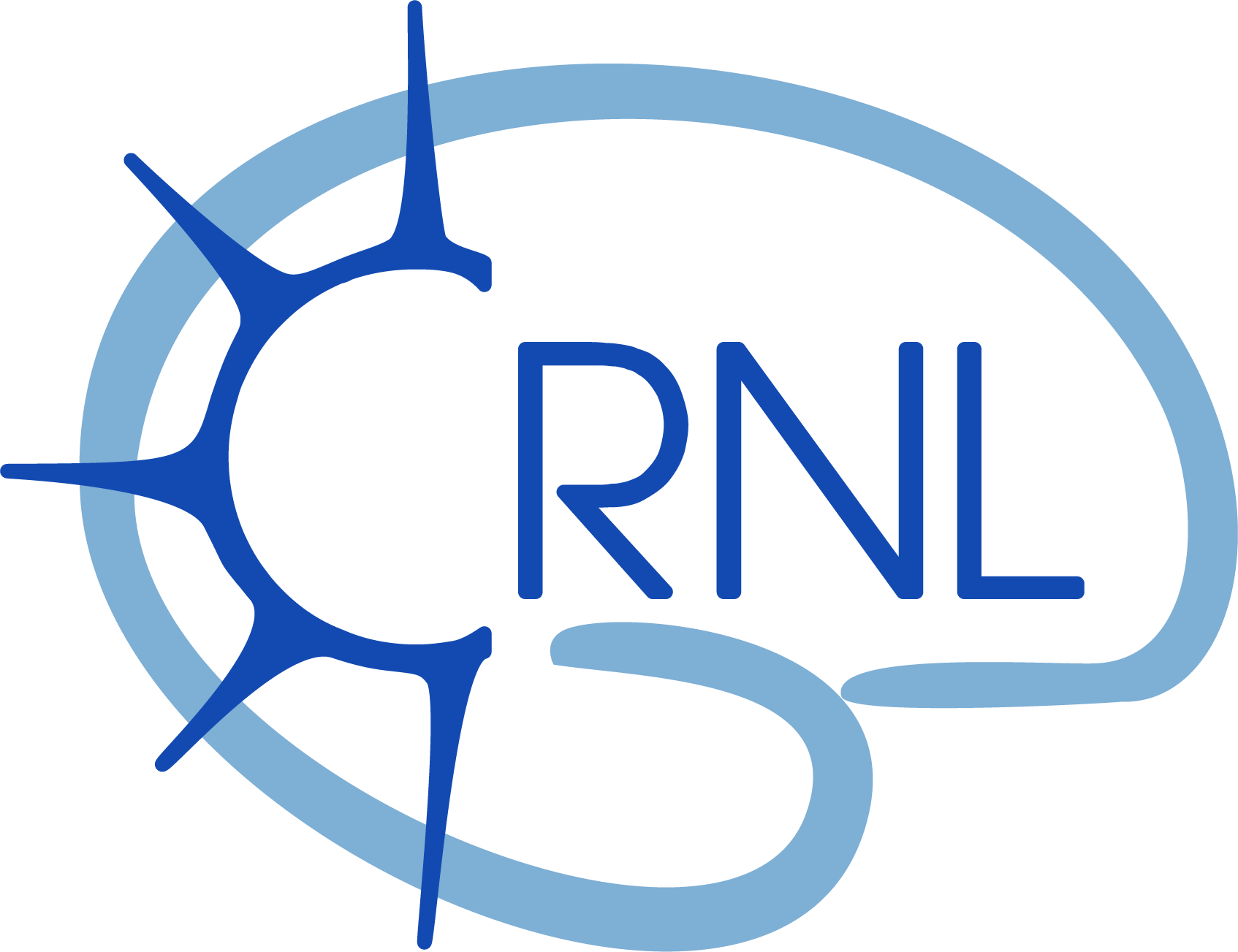N-acetylcysteine inhibits bacterial lipopeptide-mediated neutrophil transmigration through the choroid plexus in the developing brain
Résumé
Abstract The etiology of neurological impairments associated with prematurity and other perinatal complications often involves an infectious or pro-inflammatory component. The use of antioxidant molecules have proved useful to protect the neonatal brain from injury. The choroid plexuses-CSF system shapes the central nervous system response to inflammation at the adult stage, but little is known on the neuroimmune interactions that take place at the choroidal blood-CSF barrier during development. We previously described that peripheral administration to neonatal mice of the TLR2 ligand PAM3CSK4 (P3C), a prototypic Gram-positive bacterial lipopeptide, induces the migration of innate immune cells to the CSF. Here we showed in neonatal rats exposed to P3C that the migration of neutrophils into the CSF, which occurred through the choroid plexuses, is abolished following administration of the antioxidant drug N-acetylcysteine. Combining light sheet microscopy imaging of choroid plexus, a differentiated model of the blood-CSF barrier, and multiplex cytokine assays, we showed that the choroidal epithelium responds to the bacterial insult by a specific pattern of cytokine secretion, leading to a selective accumulation of neutrophils in the choroid plexus and to their trafficking into CSF. N-acetylcysteine acted by blocking neutrophil migration across both the endothelium of choroidal stromal vessels and the epithelium forming the blood-CSF barrier, without interfering with neutrophil blood count, neutrophil tropism for choroid plexus, and choroidal chemokine-driven chemotaxis. N-acetylcysteine reduced the injury induced by hypoxia-ischemia in P3C-sensitized neonatal rats. Overall, the data show that a double endothelial and epithelial check point controls the transchoroidal migration of neutrophils into the developing brain. They also point to the efficacy of N-acetylcysteine in reducing the deleterious effects of inflammation-associated perinatal injuries by a previously undescribed mechanism, i.e. the inhibition of innate immune cell migration across the choroid plexuses, without interfering with the systemic inflammatory response to infection.
| Origine | Fichiers éditeurs autorisés sur une archive ouverte |
|---|---|
| licence |




